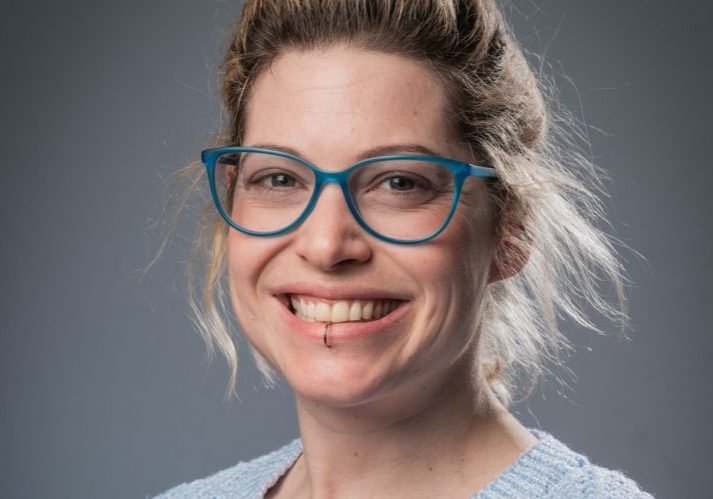Working in the community sector in Canada and New Zealand before immigrating to the UK, I have been inspired by Professor Angie Hart’s work since the early 2000’s through her efforts supporting young people in foster care. Seeing the ripple effect of this work on policies across continents, I came to understand research can support all the places I call home in a way that front-line work cannot. I am currently completing my Master’s in Applied Social Science Research at the University of Brighton with a focus on exploring resilience and peer support across patient populations.
In my academic and community work surrounding peer support, I have often found that those in high places make assumptions that only those at the bottom could have experienced rough times. The harsh truth is that for everyone who is seen as resilient, there are hundreds of others who have experienced similar challenges, but have not overcome them. When resilience focuses purely on the individual, in my opinion it has the danger of traumatizing those who have overcome extreme hardship (what good is it to be resilient, if you have to live with the guilt of knowing you are ‘one of the lucky ones’?).
The social justice view of resilience evident in Boingboing’s work addresses a continuation of resilience as it aims to tackle inequalities at both the individual and systems level. It’s a quirky community of gatekeepers that collectively occupy the space in between practice and policy. They never ask you to forget where you came from – or those you left behind. Conversely they don’t expect you to bleat on about your negative experiences (that’s just not my style). Rather they ask you to actively and creatively channel that knowledge into something positive and ultimately enable others to do the same.
